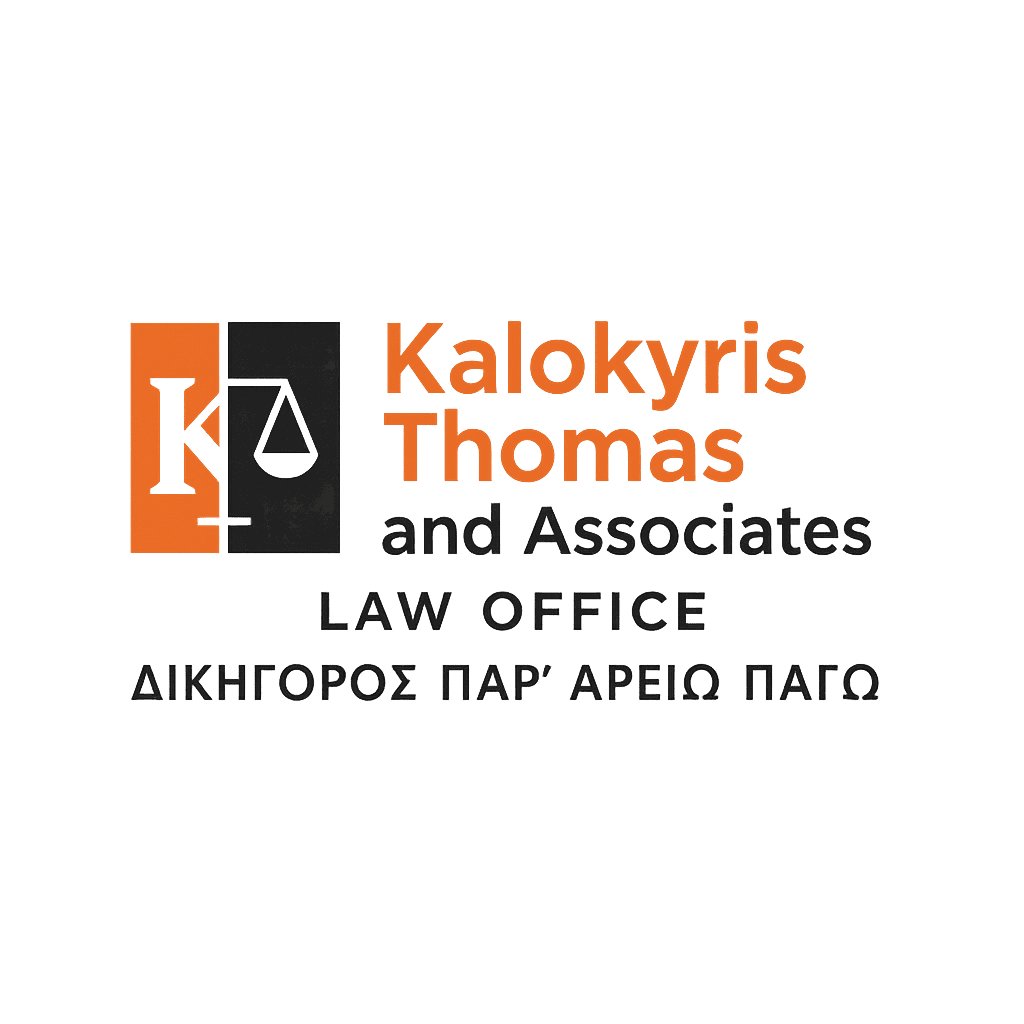An adventurous journey of mystery, which starts in 2015 from Thessaloniki and reaches the Medieval Europe of 1558, awaits the reader in "History of shadows”, as he puts us in the gray chapter of forbidden books. Starting the reading, you think that Achilles – the protagonist of the 21st century as he characterizes the hero of his novel Thomas Kalokiris – is the main character. The author himself comes to put things in their place. He makes it clear that the real protagonists of his book are the Protectors of Knowledge, who as he says in Vivlio-life "they are the warriors of light, the last bastion against obscurantism and prejudice. They dedicate their lives to a cause greater than themselves - the protection of Knowledge...»
Forbidden books. A Dark Chapter of the Roman Catholic Church in Medieval Europe. You have been inspired and therefore have studied and researched this shocking period. Tell us about that experience.
This is an age of witches. And obscurantist notions. Man is not the ruler of the world. God is. And in its name cities are ruled, taxes are collected, infidels are punished and collective visions are cultivated. Medieval Europe is probably the most fundamentalist part of the world. At the same time it is also the world of wonders. Witch hunting, you see, has many facets. On the one hand, it highlights the brutality and absolutism of that era. On the other hand, however, it embellishes the banality of our own era. What is it like to live in a world without witches?
To get into the mood of the story, it would be helpful if you could explain why the contents of these books were considered dangerous to the faithful and give us the names of some authors who hold a place in the list issued in the 16th century.
The Index Librorum Prohibitorum ("Index of Prohibited Books") is a historical list of books, which were censored by the Roman Catholic Church, as they were considered "dangerous" to the faith and spiritual health of its believers. The ruling elite of the time tried to control Knowledge, because through it they gained Power. Some famous authors who were included in the list from time to time are Francis Bacon, Rene Descartes, Nicolas Copernicus etc., while much later names like Victor Hugo and Nikos Kazantzakis were added to the list.
The main protagonist of your story is Achilles. Tell us about this character.
Achilles is the protagonist of the 21st century. Rationalist and dreamer at the same time, optimistic and depressed at the same time, courageous and fearful, knowledgeable and ignorant, wise and simple, skeptical and impulsive, passionate and apathetic. Achilles is all of the above and none of these at the same time, since his characteristics often negate themselves. All its faces lead to the One, supposedly called the Self. Sometimes he goes crazy - he shouts "I am Many" - sometimes he comes to his senses - he shouts "I am One!" In the insanity of the rational life of the average modern man Achilles falls, rises, falls again and rises again. Does it remind you of anyone? Maybe you?
He and his friends seek to piece together the pieces of the Shadow Conspiracy, state in your note. Who are Achilles' fictional friends and how crucial is their role in your thrilling adventure?
Achilles' companions in the fictional present are Aphrodite and Alexis. Their role is more than decisive for the plot, it is rather a generative factor, as only companionship can be, for each of us, in our every step, in every turn. Alexis and Aphrodite are there to support their friend, even when Achilles himself has lost all faith in himself. This companionship will be Achilles' last lifeline in the vast storm of mind and insanity.
An adventure that began in the context of preparing his diploma thesis and accepting the challenge of his professor. How important is the teacher's presence in development?
Professor Odysseus Laertis gives the impetus for the creation of the History of Shadows. His challenge is aimed at sharpening the skills of his student, Achilles. Soon, however, the roles become confused. As Achilles seeks to piece together the pieces of the truth, the professor's dark past gradually comes to light. The teacher becomes the student again and vice versa. Life often reverses our given roles, and the more dependent we are on the role we temporarily fulfill, the sharper and harsher the reversal will be.
You call them Guardians of Knowledge. Tell us about their involvement in the history of banned books.
The Guardians of Knowledge are - perhaps - the real protagonists of the History of Shadows. The Guardians of Knowledge are the warriors of light, the last bastion against obscurantism and prejudice. They dedicate their lives to a cause greater than themselves - the protection of Knowledge. The Guardians of Knowledge are those who, guided by their courage, cross Europe and carry hope to tomorrow. The Guardians of Knowledge are also human beings. As humans they love, hurt, hate, take revenge, despair, make mistakes and battle their fears and insecurities every day. As people they hope. As heroes they advance.
"The shadows come to light on the streets of Paris, in the Principality of Savoy, in Toroni, in Rome... in Thessaloniki». What are the shadows that are part of your title?
Shadows are the stories that were never told. Shadows are the feelings that were never expressed. Shadows are the truths that never came to light. Shadows are our fears, our anxieties, our panic, the deepest shameful thoughts of a dark and hidden self. Don't be afraid. Humans have learned well to hide our shadows under artificial lights. When the time comes and they come to light, fear not. It was always there. We simply could not - or did not want - to perceive them.
Present and past go hand in hand in your novel. Were the writing links easy to find so that the reading flowed smoothly?
It was - I would say - perfectly normal, the most normal thing in the world. The Shadow Story created itself. Served by my own pen it unfolded on paper without hesitation and at every step revised itself, even from the beginning. It takes strength to constantly revise yourself. The History of Shadows at every step dared it.
Truth and fantasy also go hand in hand. Did you have any difficulty connecting the historical events with the fiction?
How are we so sure what constitutes "historical fact" and what constitutes "fiction"? What is "fantasy" and what is "truth"? Yes, a historical fact is what is recorded as such in the history books. In the books written by whom? And indeed, in such a dark period as the European Middle Ages. Maybe, the Shadow Story really happened. Maybe not. However, we must not forget that the only difference between fiction and reality is our own perception of what really happened.
Veria is your place of origin. Is that also the reason you gave her a prominent and leading position?
The city of Veria holds a prominent place for me, as it was the city where I lived my childhood. As it teeters between the present and the past, the historic Macedonian city accommodated the life-giving action of the heroes with such harmony that my job as a writer was simply to put the pieces together.
In your book there is a lot of important information not only about the records of history but also about the places where your protagonists were active. Were there any breaths of relief amidst the intensity of the plot?
A novel is much more than its plot or descriptions. It's a whole world. And like every world, it has a historical present and a fictional reality of its own. The information on the social and historical context of the actors is intended to transport the reader to this diversity. At the same time, they contribute to the de-escalation of emotions, so that the author can be smoothly led to the tension and the reader to identification, with the aim of the much-desired -for everyone- catharsis.
Source: Thomas Kalokyris: interview with Maria Tsakiri – Vivlio-Life.gr (vivlio-life.gr)



